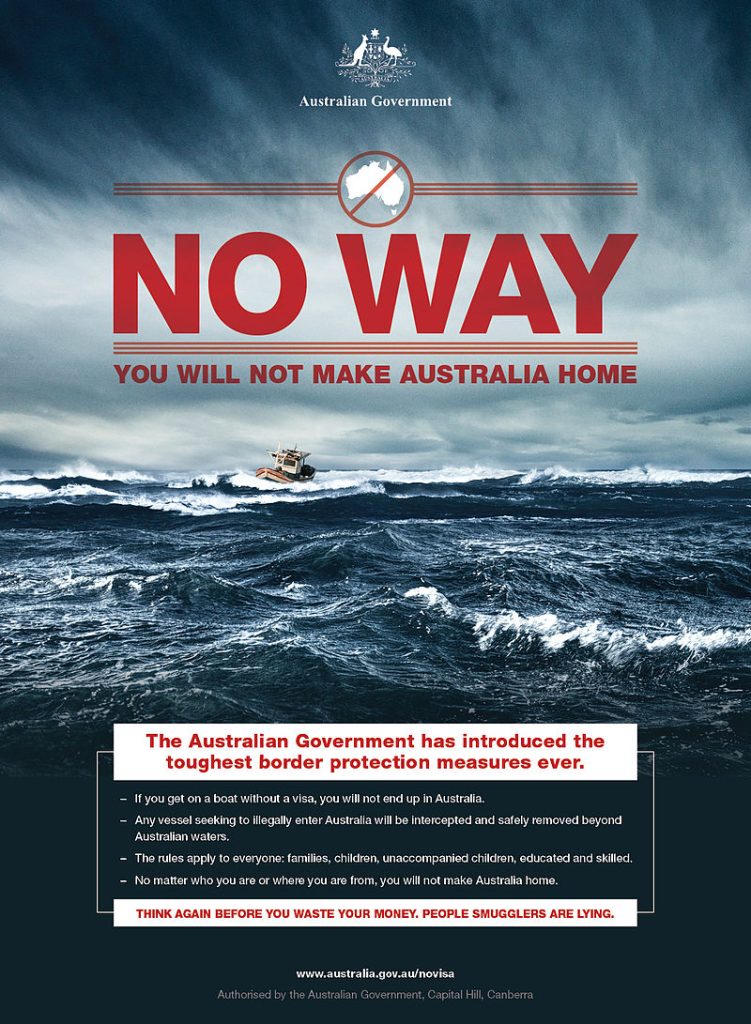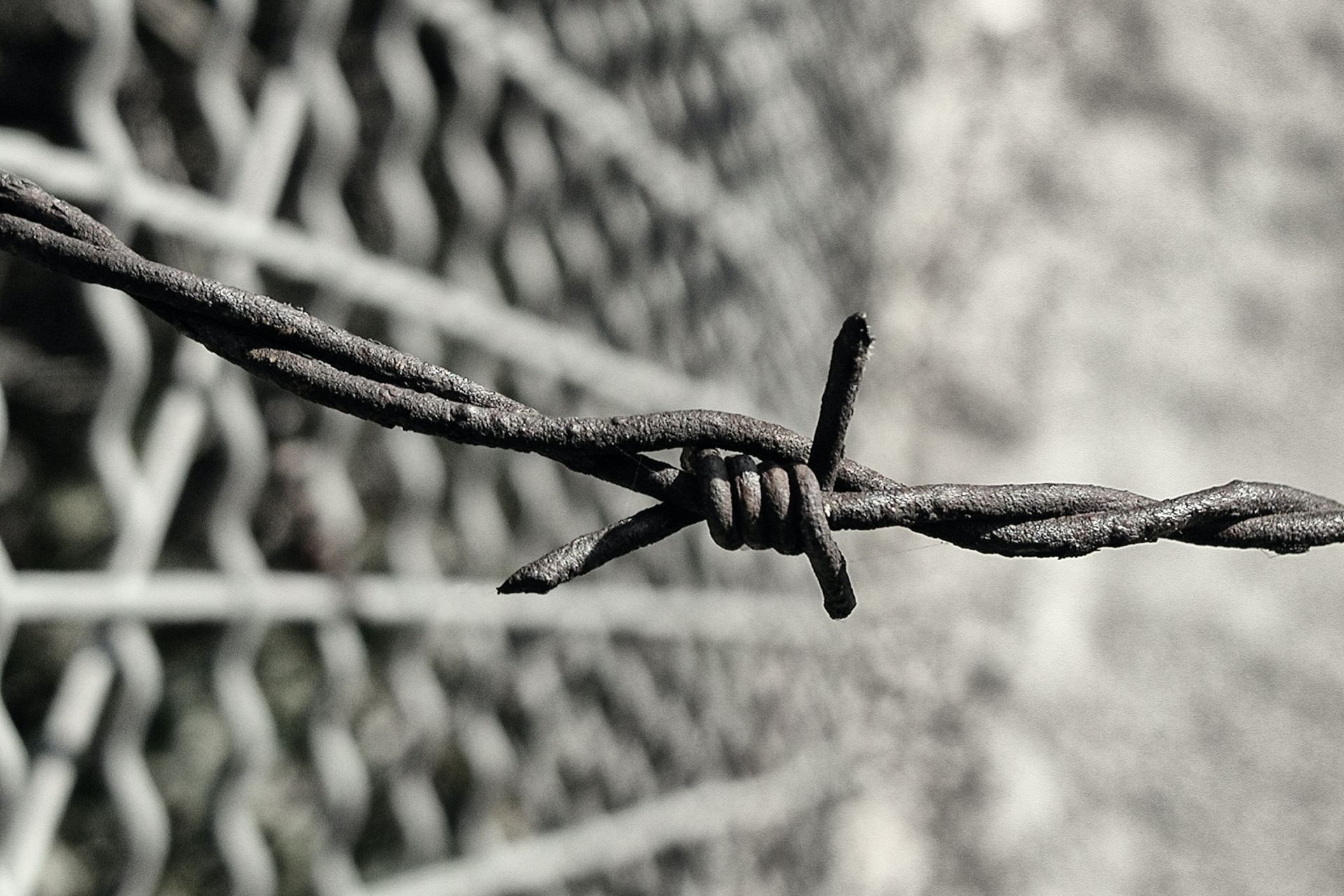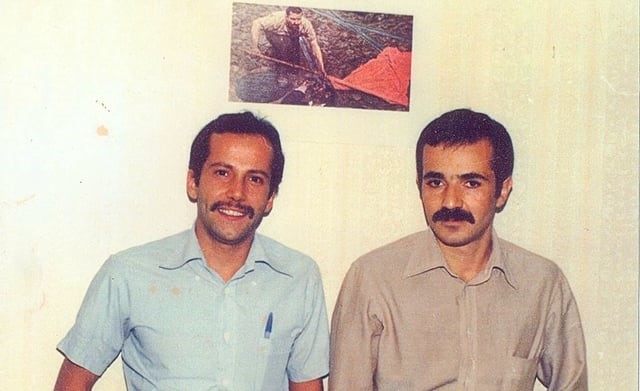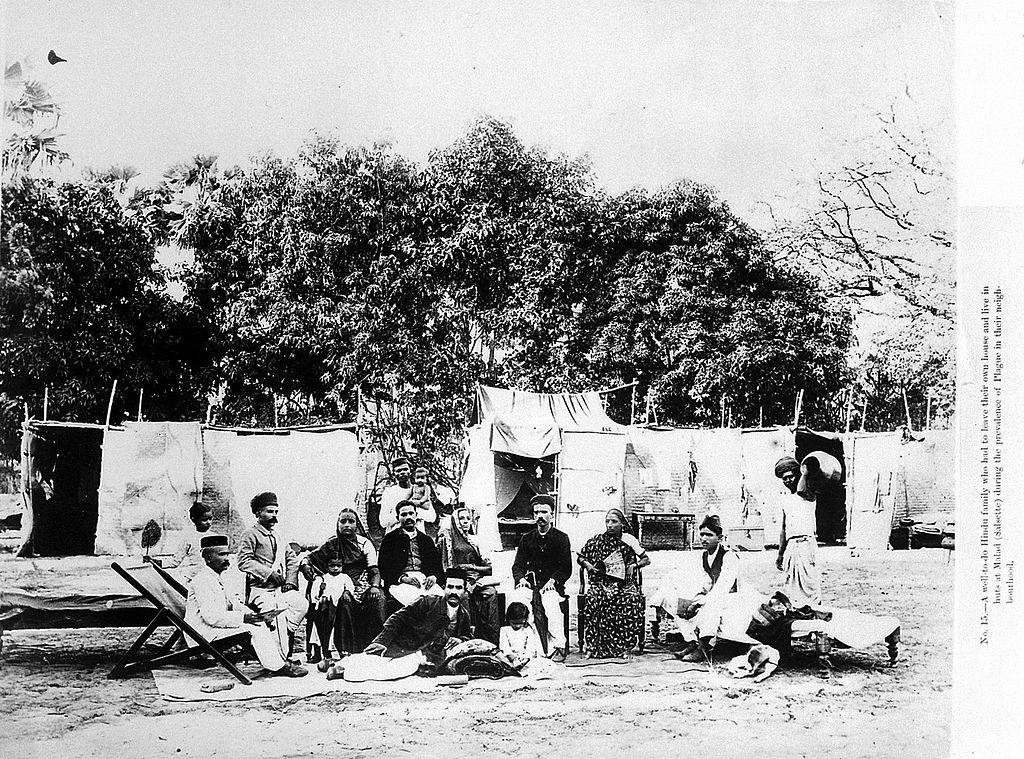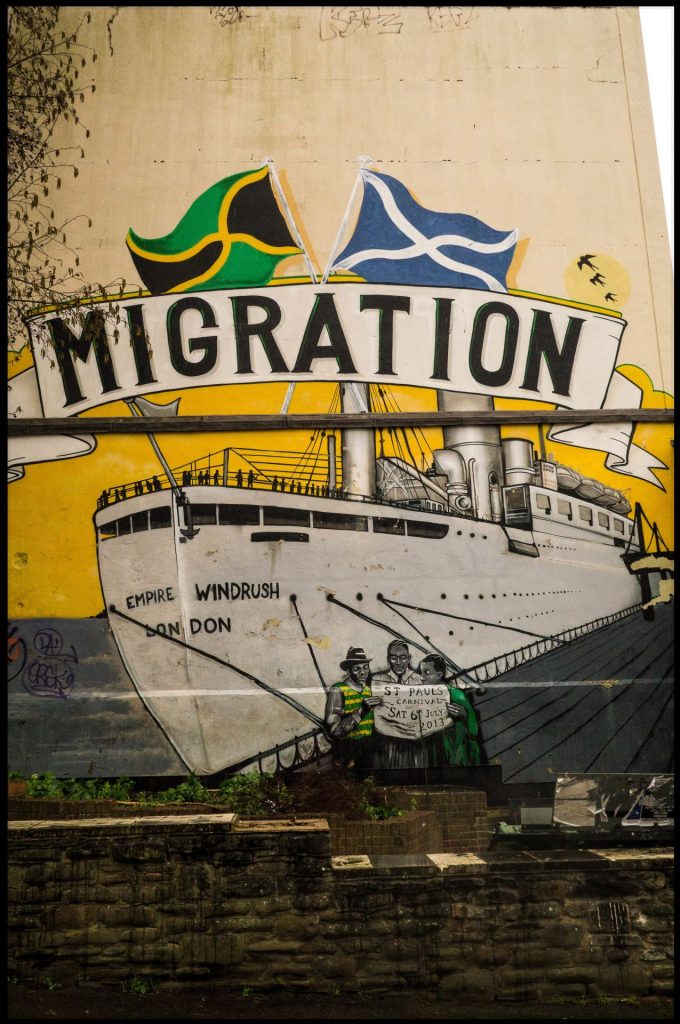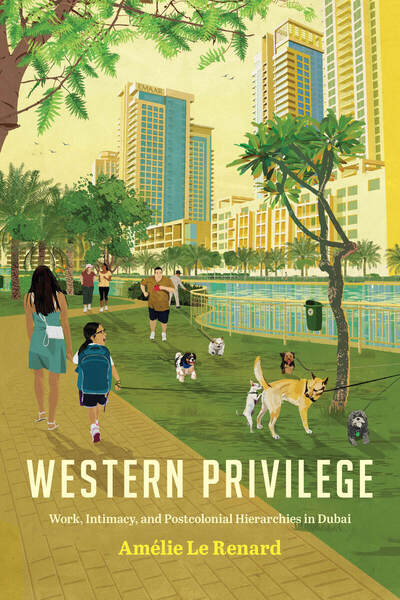By Ella Barclay.
A right to health is enshrined in many international agreements, indicating the perceived importance of wellness and accessible healthcare for the development and flourishing of individuals (UDHR, Art. 25:1; ICESCR, Art. 12.1; CEDAW, 12:1; CRC, Art. 24:1). Despite this, one of the main sites of immigration control targeted within the UK’s ‘hostile environment’ is the NHS, with the healthcare rights of undocumented migrants being largely compromised following the implementation of the 2014 and 2016 Immigration Acts. Such policies constitute an intentional appeal to the public perception of migration as a strain on the UK’s public services. In framing these individuals as ‘criminals’ or ‘deviants’, it is far easier to justify their restriction of rights. However, the nation-state’s freedom to deny access to such rights for undocumented persons leads us to question whether these supposedly universal rights may actually be mere civil liberties.
The National Health Service (Charges to Overseas Visitors) Regulations (2015) introduced NHS charges for all those not ‘ordinarily resident’ within the UK, despite the NHS constitution outlining that access to care should be based on clinical need, not an individual’s ability to pay. To be ‘ordinarily resident’ one must reside within the UK voluntarily, legally and with the intention of remaining for a prolonged period (DHSC, 2022). Healthcare providers establish the charging eligibility of patients through a screening process, involving questions about residency and migrant status. If an individual is found to be eligible for NHS charges, this information will be passed onto that NHS trust’s Overseas Visitor Manager (OVM), who will pursue them for payment. Crucially, the actions of the OVM are dependent on the information gathered by healthcare providers, meaning the administrative burden and moral responsibility effectively fall on clinical staff.

While primary care, including emergency services, GP registration and vaccinations, is always free of charge and cannot be denied to any individual, all other care is chargeable at a rate of 150%, which must be paid before treatment can be provided. Maternity care constitutes an exception to this policy, defined as ‘immediately necessary’, meaning individuals are not required to pay prior to receiving care but are instead billed after the fact. If an individual is unable to pay for their care after receiving it, their residency status will be shared with the Home Office, thereby alerting immigration officers to the potentially undocumented status of the patient.
Many scholars have argued that this practice of data-sharing conflicts with the NHS’s Caldicott Principles, which emphasise confidentiality and privacy in the interests of both the individual and the institution (Papageorgiou et al., 2020; Reynolds and Mitchell, 2019; Robinson et al., 2018). However, where undocumented migrants in the UK are presented as criminals and their mere existence presented as a threat to state security, this violation of an inherent NHS value is seemingly justified. More specifically, the principles of the Data Protection Act (2018) can be revoked where withholding data is seen to place public interests at risk. Withholding data is therefore seen to hinder effective immigration control: in other words, these individuals are considered not to have a right to privacy (Crépeau and Hastie, 2015; Kulakiewicz et al., 2022; Van Durme, 2017). Once the Home Office has been notified that an individual is residing without the correct authorisation, not only can they choose to deport the individual, they can also keep such ‘deviance’ on record, which will be taken into consideration if the undocumented individual were ever to apply for a visa. This forces undocumented individuals into a ‘rights trap’; they must either incriminate themselves to receive the safe care they are owed under international legislation or go without healthcare they may dearly need (Gentleman, 2018; Hermansson et al., 2020).
Although the impact of such policies on the wellbeing of migrants is well-documented (DOTW, 2017; Hamada et al., 2021; Pellegrino et al., 2021; Westwood et al., 2016), restricting the accessibility of healthcare for a substantial portion of our population has further-reaching consequences. Even where primary services may be free of charge, threats of data-sharing prevent undocumented individuals from exercising their rights to such care, which undermines public health and herd immunity (BMA, 2021; Bulman, 2020; Weller and Aldridge, 2019). Similarly, the deterrent effect of charging policies costs the NHS more than the initial price of providing treatment to all. De Jong et al. (2017), Jones et al. (2019) and WHO (2018) report that undocumented persons are often hospitalised for longer after pregnancy and for otherwise treatable illnesses as a result of their decisions not to seek care due to fears of detection. Preventative care is not only more effective but also more cost-efficient than remedial care, indicating that current policies are not only discriminatory and detrimental to individual and public wellbeing, but also counterproductive for the NHS and the economy (McHale and Speakman, 2020; Norris, 2022).
Charging those not ‘ordinarily resident’ for healthcare also has a serious impact on the NHS. The British Medical Association (2019) reports that a large proportion of healthcare staff find their workload to have increased significantly following the implementation of charging policies. Similarly, NHS staff are working outside of their billed hours to provide informal help to undocumented migrants, as they are not able to support them fully within appointments. This support ranges from signposting and advocacy to financial support and even forging documents (Feldman et al., 2019).
Documenting the far-reaching impacts of this hostile environment policy exposes the irrationality of charging practices, and denying this human right in the name of securitisation sets a dangerous precedent for nation-states’ treatment of vulnerable persons. The UK cannot be said to be upholding their pledges to international legislation when individuals residing within its borders are unable to access basic healthcare. Where international policies can be manipulated and shaped to fit a nation-state’s own agenda we must question who can hold these states accountable, and who will protect the rights of our undocumented populations.



